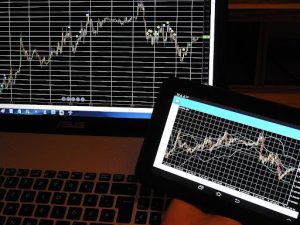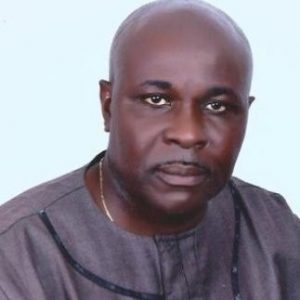World’s nuclear arsenals on the rise as concerns grow over China and North Korea

“There are clear indications that the reductions that have characterized global nuclear arsenals since the end of the cold war have ended,” the Stockholm International Peace Research Institute (SIPRI) said in a report Monday. The report comes amid growing Western concerns over efforts by both China and North Korea to expand their nuclear capabilities. The US suspects North Korea is preparing to conduct its seventh nuclear test imminently, while China’s Defense Minister Wei Fenghe told the Shangri-La Dialogue summit at the weekend that his country had made “impressive progress” in developing new nuclear weapons.However, while SIPRI reports that China is “in the middle of a substantial expansion of its nuclear weapon arsenal,” it makes clear that China and North Korea are not the only culprits.”All of the On SIPRI estimates, the United States and Russia remain by far the world’s largest nuclear powers, with 3,708 and 4,477 nukes respectively, while China has 350, France 290 and Britain 180. But China’s warhead count has increased in recent years, up from 145 warheads in 2006 according to the institute. The Pentagon predicts the Chinese stockpile to “at least double in size” over the next decade.While the stockpiles of both the US and Russia declined in 2021, SIPRI believes an “alarming” longer-term trend will see both countries increase their stockpiles and develop more powerful weapons.North Korea’s secrecy means it is hard to gauge its nuclear abilities. Some estimates put its current stockpile at around 20 nuclear warheads, though the US and other countries believe it is working to increase this number and its ability to deliver them.Pyongyang has conducted a record number of ballistic missile launches this year and on Saturday appointed top nuclear negotiator He criticized neighboring North Korea’s missile tests and called China “a nation of concern”, citing recent military operations it had held with Russia in waters close to Japan and Taiwan — their first since Russia’s invasion of Ukraine. “Ukraine (today) may be East Asia tomorrow,” he said. Speaking at the same summit, South Korean Defense Minister Lee Jong-sup said his country would Eyes on BeijingSIPRI’s report is also likely to refocus attention on China’s nuclear ambitions, following reports last year that Beijing was building a “We developed nuclear capabilities to protect the hard work of the Chinese people and protect our people from the scourge of nuclear warfare,” he said.Wei’s comments came after remarks from US Defense Secretary Lloyd Austin, who told the same conference that China was engaged in coercive, aggressive and dangerous actions that threatened to “undermine security, stability and prosperity in the Indo-Pacific.”







